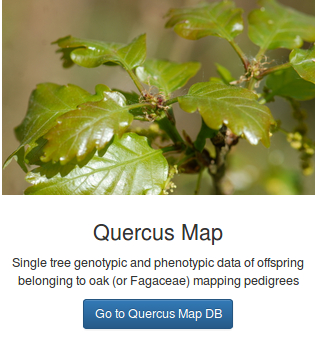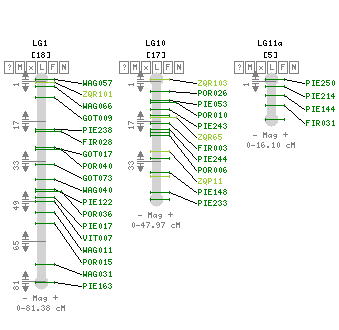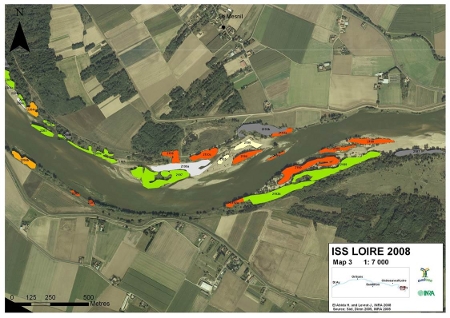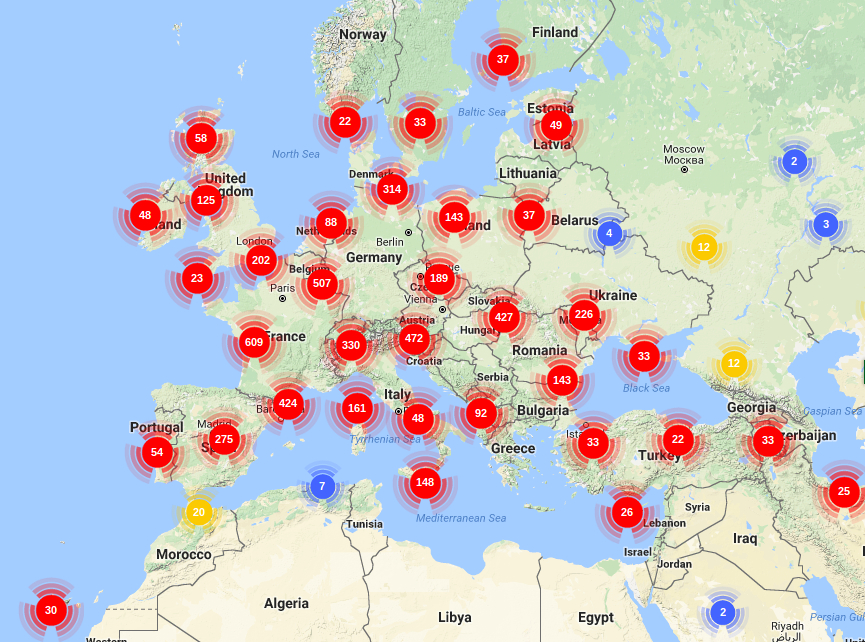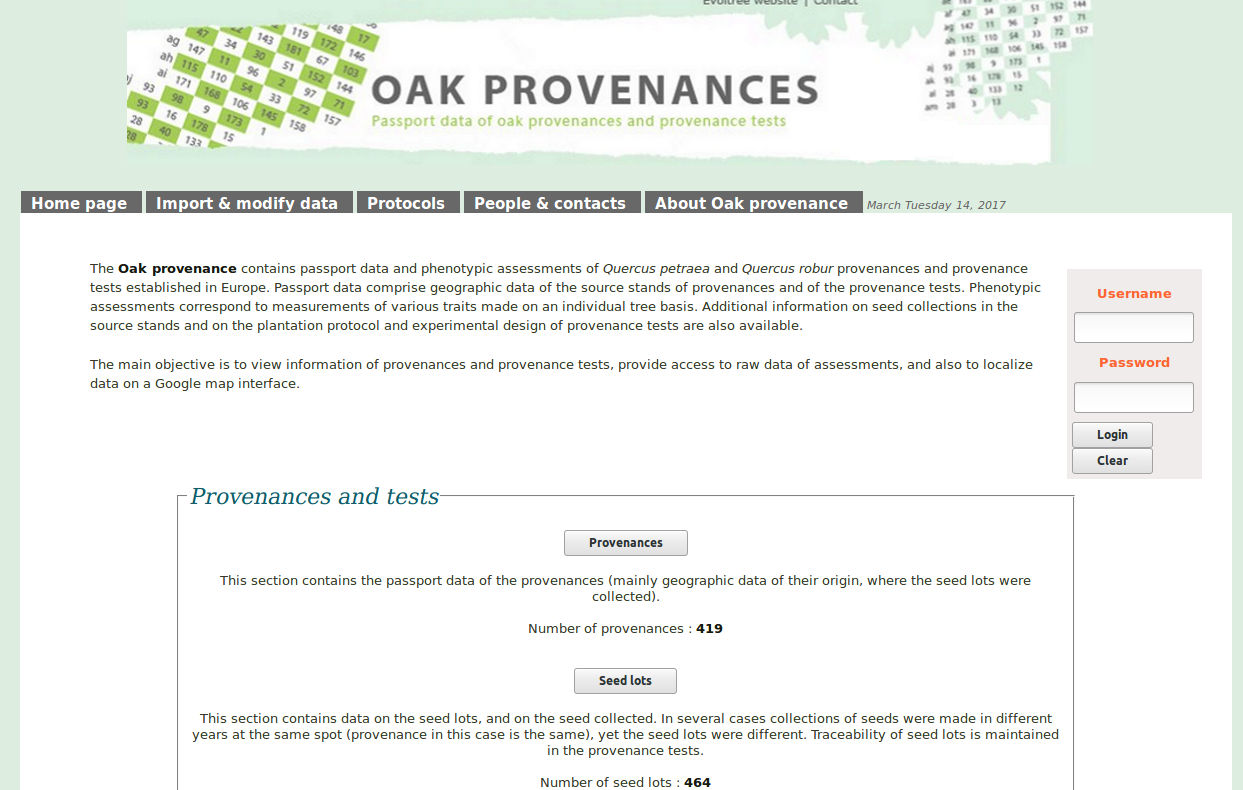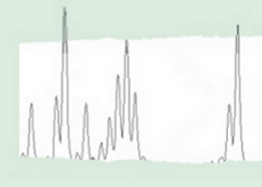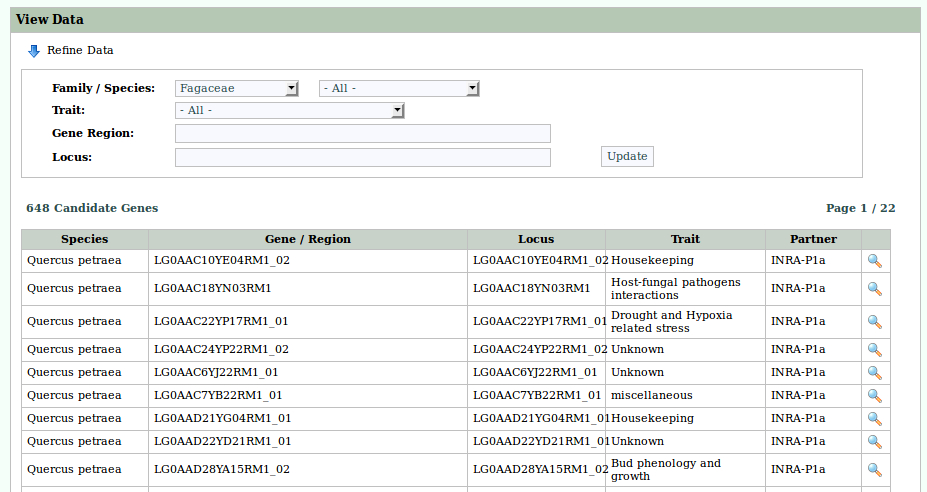OAKS OF THE AMERICAS
Phylogeny of the New World oaks : Diversification of an ecologically important clade across the tropical-temperate divide
Funded by NSF (National Science foundation)
March 1 2012 to February 2015
Website: http://quercus.lifedesks.org/
Executive summary
Oaks (the flowering plant genus Quercus) include some of America's most ecologically and economically important trees. The approximately 255 oaks of the New World oak lineage dominate North American and Mexican woody plant biomass, biodiversity, ecology, and nutrient cycling. Despite the significant ecosystem services provided by oaks, the biodiversity of this genus is poorly understood. In this project, collaborators from The Morton Arboretum (IL), the University of Notre Dame (IN), Duke University (NC), University of Minnesota, and Universidad Nacional Autónoma de México will undertake a comprehensive systematic study of the oaks of the New World. The project will integrate next-generation genomic (DNA) sequencing, plant physiology, and direct study of plants in the field and museum collections to gain insights into the oak tree of life and the basic question of how oak traits, distributions, and diversity evolve in response to changes in habitat and climate.
Understanding of how oaks respond to shifts in climate and habitat is essential to conserving forest biodiversity and healthy forest ecosystems for future generations. The project will broadly disseminate findings and increase biodiversity awareness and understanding across diverse audiences in several ways: strengthening of an international oak collaboration among U.S., Mexican, and European researchers; training of undergraduate through postdoctoral biodiversity researchers; training K-12 teachers and their students in biodiversity science; and public outreach through museums, botanical gardens, and online venues.
PIs and COPIs
Andrew L Hipp, Ph.D., The Morton Arboretum (http://systematics.mortonarb.org/lab)
Jeannine M Cavender-Bares, Ph.D., University of Minnesota-Twin Cities (http://www.cbs.umn.edu/lab/cavender)
Paul S Manos, Ph.D., Duke University (http://fds.duke.edu/db/aas/Biology/pmanos)
Jeanne Romero-Severson, Ph.D., University of Notre Dame (http://biology.nd.edu/people/faculty/romero-severson/)
Antonio González-Rodríguez, Ph.D., Universidad Nacional Autónoma de México (http://www.iztacala.unam.mx/mmrg/mega/Personal/Profesores/Antonio_Gonzalez_Rodriguez.html)

